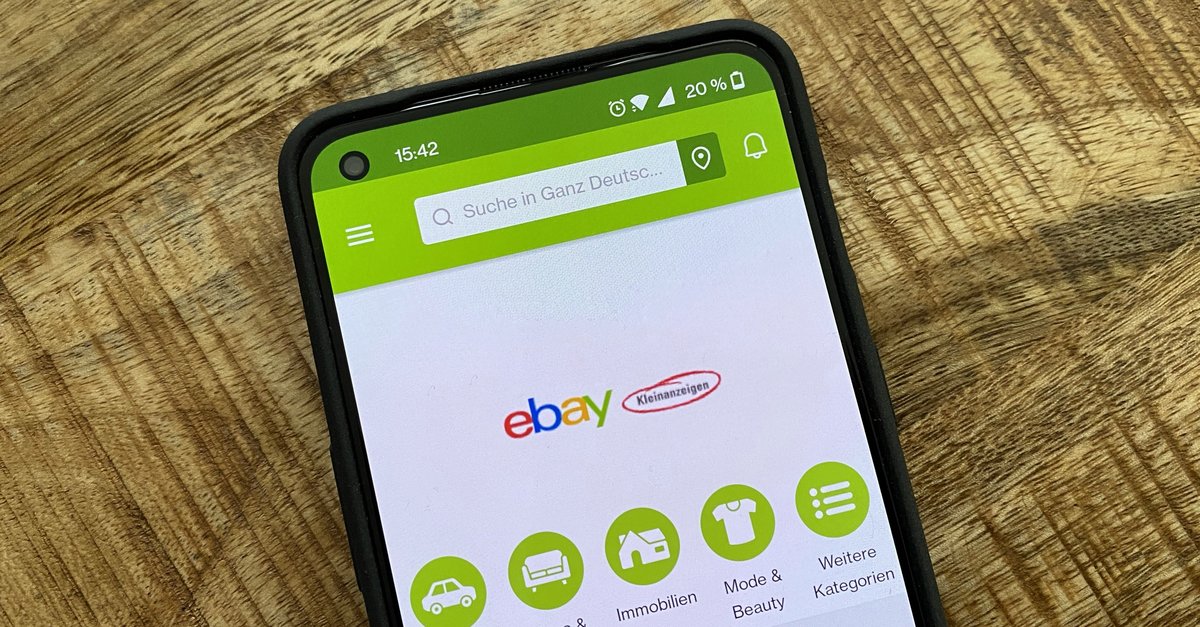Google is giving Chrome more privacy
Anyone using an Android smartphone can look forward to a new feature soon: Google wants to improve private surfing under Chrome and is integrating individual protection in the popular browser.
Version:92.0
Languages:German
License:Freeware
Platforms:Windows Vista, Windows 7, Windows 8, Windows, Windows 10
Google values privacy: Chrome has built-in password protection
Google is currently redesigning its own Chrome browser to offer users a better surfing experience. So you apparently want to expand the incognito mode a bit, so private tabs will actually be private in the future will be. At least this is shown by experimental settings in a preliminary version of Chrome on Android (source: Techradar).
Accordingly, the new feature will only allow access to incognito tabs in Chrome if you have entered the correct password beforehand. Alternatively, biometric identity checks should also be made possible, for example by means of an integrated fingerprint or face scan. So do you use private tabs and hand over the smartphone, you stay on the safe side – It is no longer just your mobile phone that is password-protected, but rather the private browser tabs again individually.
Like app lock on Android or restrictions on iOS
A similar function is already available on Android as an “app lock”. You can link access to apps with a password for more security. The “restrictions” under iOS also work on the same principle. But Google wants the feature Integrate directly into Chrome and fine tune. For example, the app lock allows applications to be used once the password has been entered. It is only reactivated if the display was deactivated in the meantime.
You can see what changes in Android 12 in the Video:
In addition, they should actually only the private tabs receive password protection. How exactly this will be activated and deactivated is still open – as is the schedule for when Google will roll out the new feature.



